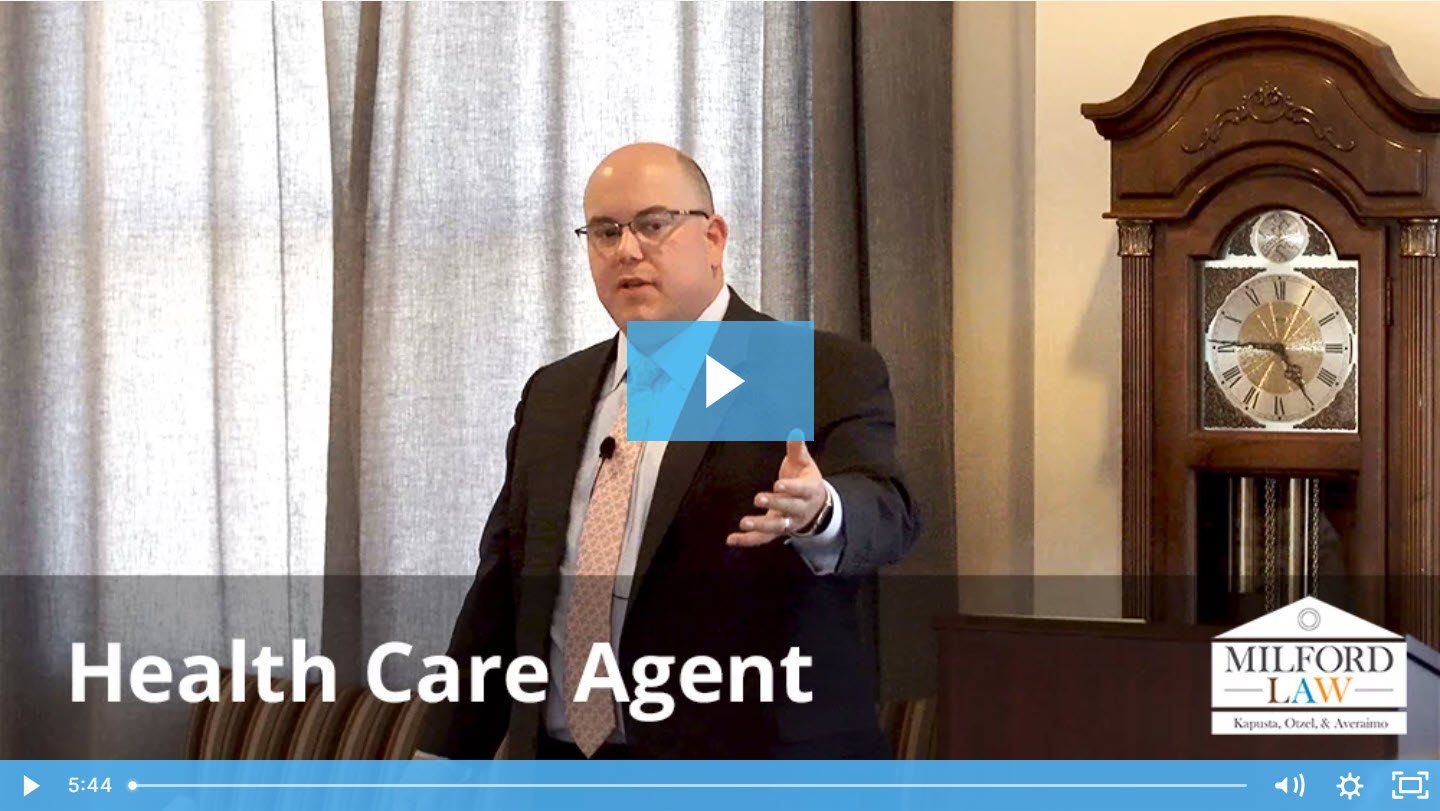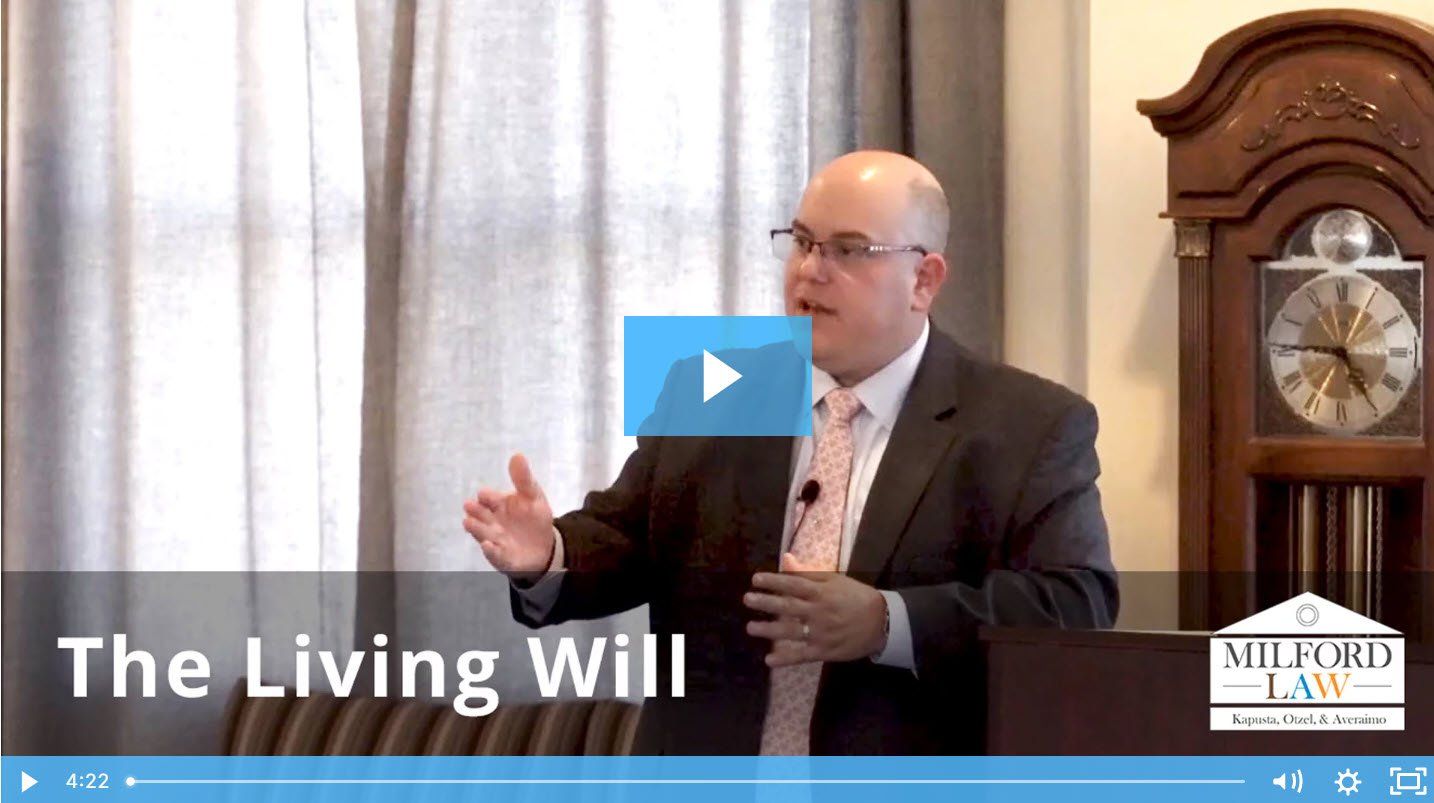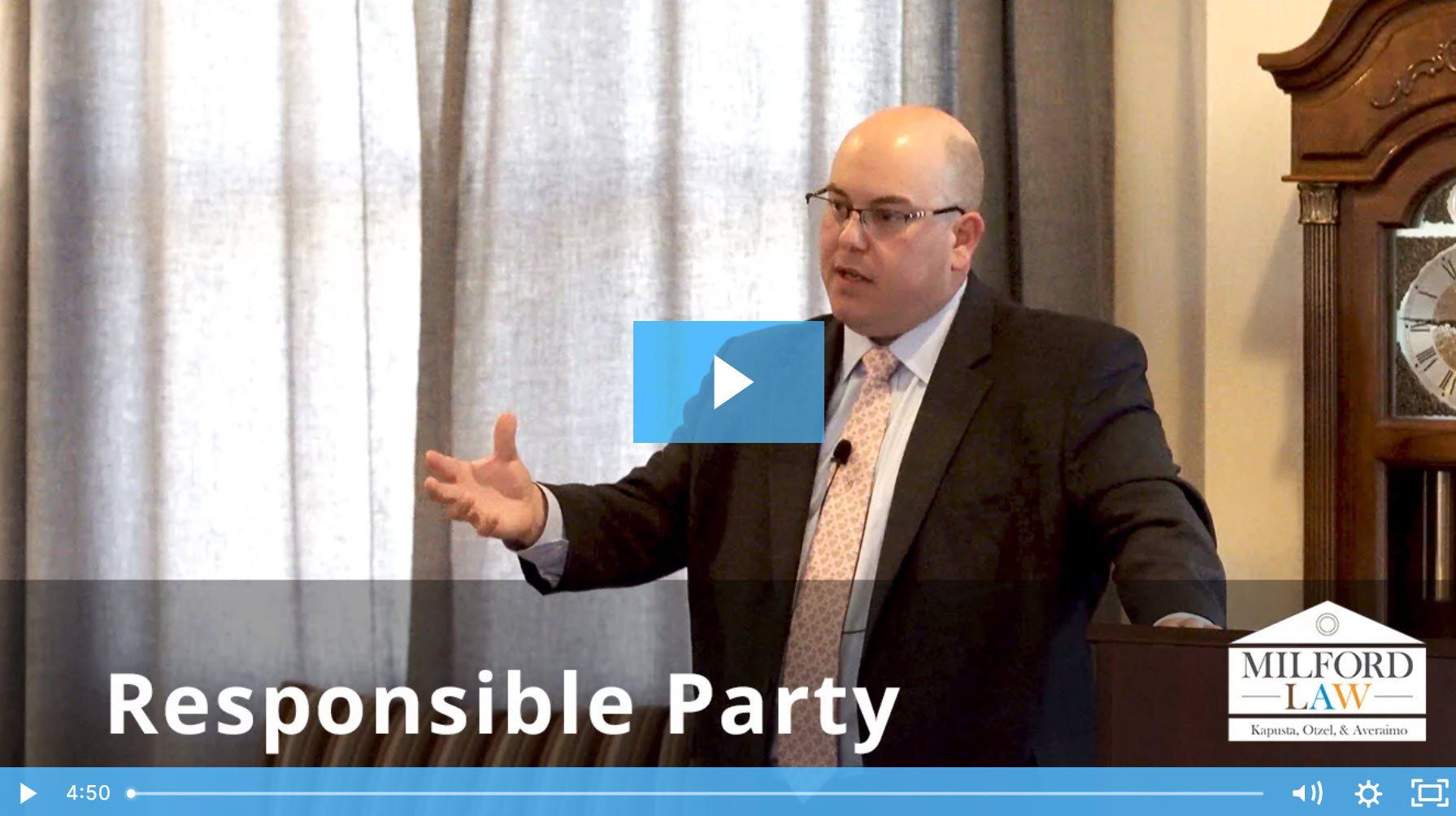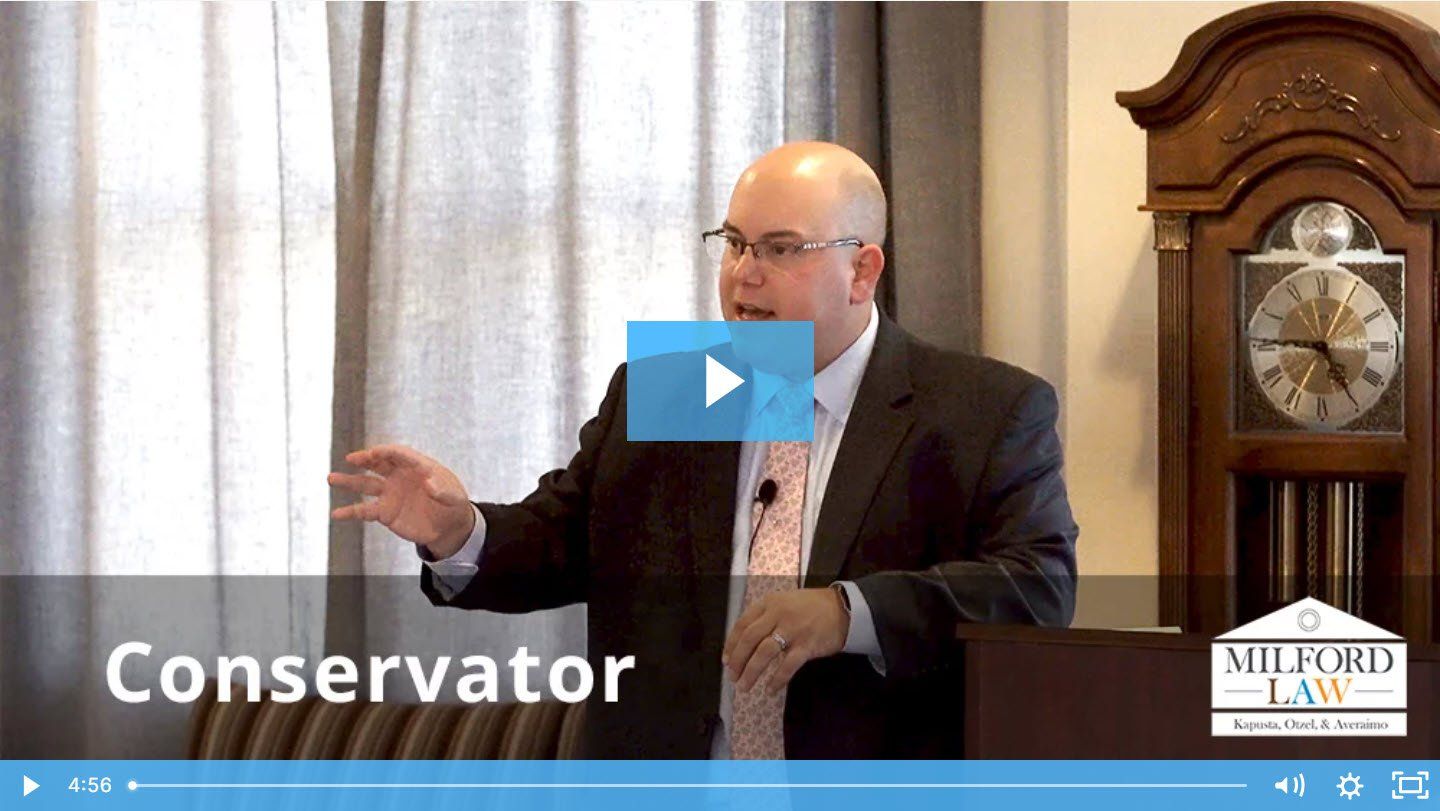The Nature of Your Assets
When you're talking about what's included in your estate and its gross value, you really want to be aware of the nature of the assets.
When you're talking about what's included in your estate and its gross value, you really want to be aware of the nature of the assets. Take property for example. If you own a home, what's the nature of the property? Is it a single-family home? Is it a multi-family home that's income producing? More importantly, is it a business asset? Do you own the office in which you work in? These are all things to take into consideration, because you may be preparing your own last will and testament, but if you own the office in which you're working, with a business partner or in a limited liability company, and you have an operating agreement that dictates how the business is to function upon one of the partner's deaths, these things need to be considered.
Where the property located is also important. You may maintain your principal, primary residence in Connecticut, but if you're a snowbird and like going down to Florida in the winter, where you own a condominium, that needs to be taken into consideration as well. There may be some more intricate planning involved that needs to take place relative to the property in Florida. If not, your estate may find itself in the situation in which they have to open up a Connecticut estate, but they also have to open up what's called an ancillary estate in Florida to administer the probate process there as to the Florida property.
One of the things we tell our clients before our first meeting is, have a snapshot idea of what your assets are, as well as what your debt obligations are. Because one of the things we talk about at our first client consultation is not only what your intent is, but also about where the assets are, what the assets are- be they a vacant piece of land, a condominium in Florida, to classic cars, and investment accounts. These are all things that not only need to be discussed, but to do so we need you to identify them. Identifying these assets can ensure the best plan, and smoothest administration in the future.
Watch the full Estate Planning Seminar - Part 2:
Milford Law Articles


